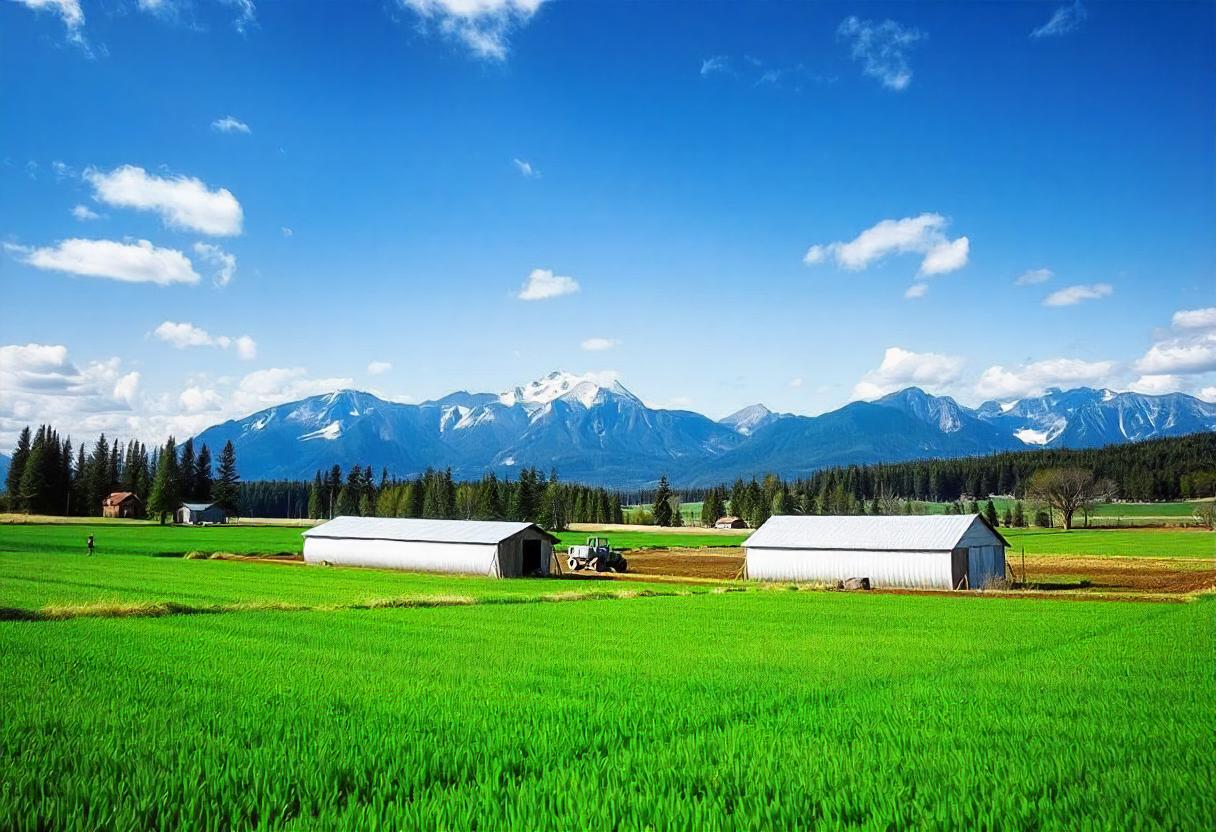
Agriculture funding in Canada is essential for supporting the country’s vast and diverse agricultural sector. With a range of programs available at both federal and provincial levels, these funds play a pivotal role in promoting innovation, sustainability, and productivity within the industry.
Types of Agriculture Funding
In Canada, agriculture funding can be broadly categorized into federal programs, provincial programs, and private sector funding. Each type of funding serves different needs and has unique eligibility requirements.
Federal Programs
Federal programs are administered by the Canadian government and often target broad, national objectives. One of the major federal funding initiatives is the Canadian Agricultural Partnership (CAP). CAP provides financial support for projects aimed at enhancing innovation, fostering growth, and improving environmental sustainability within the agricultural sector. This program includes various sub-programs and funding streams that address different aspects of agriculture.
Provincial Programs
Each province in Canada offers its own set of agricultural funding programs tailored to regional needs and priorities. For example, in Alberta, programs like the Alberta Environmental Farm Plan (EFP) and the Farm and Ranch Water Conservation Program help local farmers and ranchers enhance their operations. Similarly, other provinces have their own specific programs designed to address local agricultural challenges and opportunities.
Private Sector Funding
In addition to government-funded programs, private sector funding also plays a significant role. Industry associations, non-profit organizations, and corporate sponsors often provide grants and financial support for agricultural research, community development, and innovation. These funds can be especially valuable for specific projects or initiatives that align with the interests of the private sector.
Application Process
Applying for agriculture funding in Canada involves several key steps. Applicants must identify the appropriate funding program that matches their project’s goals and needs. Each program has its own application process and requirements.
Eligibility Criteria
Eligibility criteria for agriculture funding vary depending on the program. Generally, applicants must be involved in agriculture or a related field and demonstrate how their project aligns with the funding program’s objectives. Some programs may have specific requirements related to the type of agricultural operation, geographic location, or project scope.
Proposal Preparation
To apply for funding, applicants need to prepare a detailed proposal. This proposal should outline the project’s objectives, expected outcomes, and budget. Providing a clear and comprehensive description of the project is crucial for demonstrating its potential impact and alignment with the funding program’s goals.
Review and Approval
Submitted proposals are reviewed by a selection committee or panel, which assesses the feasibility, impact, and alignment of the project with the funding program’s objectives. Successful applicants receive funding based on the program’s guidelines and requirements.
Key Considerations
When seeking agriculture funding in Canada, it is important to understand the specific goals and requirements of the funding programs. Preparing a detailed and well-organized proposal, adhering to submission guidelines, and meeting deadlines are critical factors in securing financial support.
Agriculture funding provides valuable resources that help advance the Canadian agricultural sector, supporting everything from technological innovation to environmental sustainability and community development. By taking advantage of these funding opportunities, agricultural professionals can drive growth and positive change within the industry.